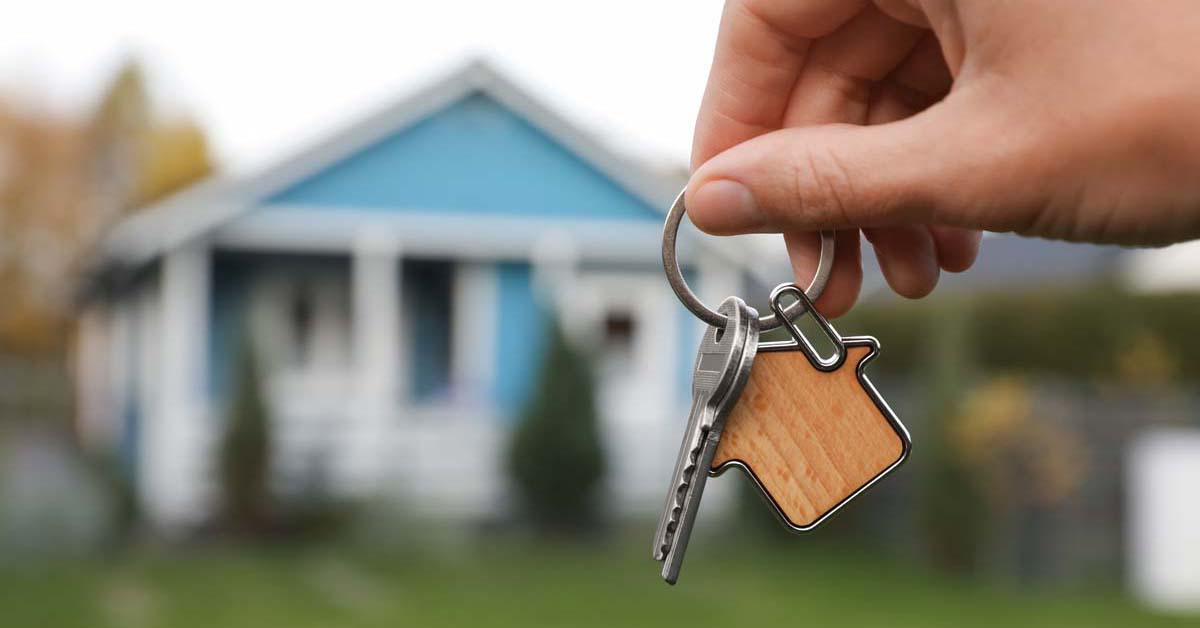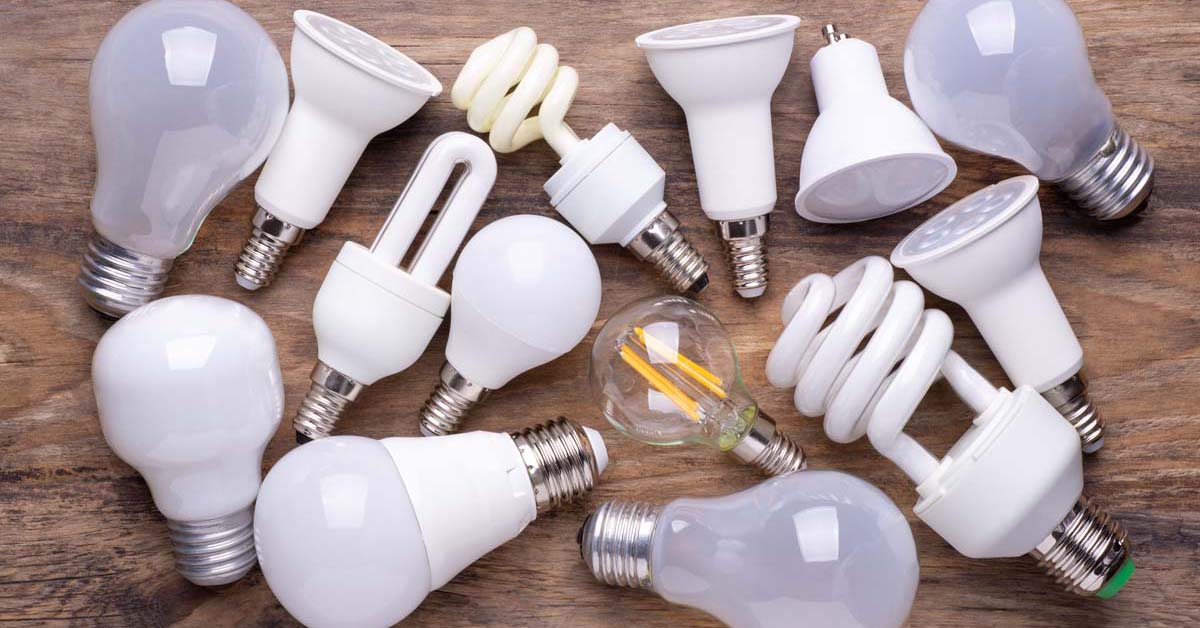Affordable Sustainability: Solar Energy
Since 2008, hundreds of thousands of homeowners have chosen to install solar panels on their rooftops to use the sun’s energy for powering their homes. Solar panels can benefit the environment and can save the homeowner boatloads of money in energy costs over the years. Thanks to the ever-evolving solar industry and generous government incentives, solar panels are more popular than ever. Here’s what you need to know about going solar.
How do solar panels work?
Residential solar panels use technology known as photovoltaics, or PV. When the sun shines on these solar panels, photons from the sun are absorbed by the cells in the panel, which creates an electric field across the layers and causes electricity to flow.
Can every roof support solar panels?
Unfortunately, not every roof, or every home, is suitable for solar panels. A roof may be too weak to hold the panels, due to age and wear. There may be trees blocking the sunlight from reaching a roof, making it unsuitable for solar panels. Or, the shape and slope of the roof may make it difficult to hold or house the panels.
In general, the best candidates for solar panels are south-facing roofs with a slope of 15 to 40 degrees that are in decent condition and won’t need to be replaced within a few years. If your roof doesn’t match these exact criteria, though, it can still be suitable for solar energy. It’s best to have a professional evaluate your roof to determine whether solar panels can work for your home.
The dollars and sense of going solar
Most homeowners interested in going solar want to know how much money they’ll save on energy costs before purchasing. However, it can be difficult to put a dollar amount on the savings incurred from installing solar panels. The exact amount of money saved depends on the buyer’s monthly energy consumption, the rates set by their utility company, the direction, size and slope of their roof, the size of the solar energy system they purchase and whether they choose to buy or lease their panels. Government incentives that pay for part of the purchase make a difference in savings incurred, as well.
The cost of going solar has dropped significantly since 2009, as competition in the industry increases and the price of panels and installation keeps falling. While costs will vary tremendously by roof, location and other factors, according to the Center for Sustainable Energy, installing a solar panel system will cost homeowners an average of $20,000, or $14,000 after the federal tax credit. Depending on your home state, there can be additional government incentives for lowering the cost. Before making the choice to go solar, though, speak to a professional in the industry about any possible kickback from your state and a realistic idea of actual cost.
Solar financing
If you’ve decided to go ahead and install solar panels on your roof, you have several options for financing the purchase:
- Cash. If you can afford to fund the entire purchase in one go, you’ll enjoy the most significant savings. Solar panels can reduce your electric bill by 70-100%. This means most systems will pay for themselves in five to seven years.
- Lease agreement. Solar leasing is not available in every state, but it is an option in approximately half of the country. You’ll pay a monthly rent for the panels, but forego any upfront fees. The leasing company will install the panels and collect the federal tax credit on your behalf. The downside to this choice is that the leasing company will remove the panels after the lease agreement is over, or charge you full price to keep them.
- Solar loan. A secured solar loan will use your home as collateral and offer tax-deductible interest, while an unsecured solar loan will likely have higher interest rates.
- Home Equity Loan or Home Equity Line of Credit (HELOC). One of the most financially flexible ways to finance your solar panel purchase is through a loan or a line of credit taken out against your home’s value. Speak to an MSRP at MIT Federal Credit Union to learn about the low startup costs and interest rates on our home equity loans and lines of credit.
Solar panels and the environment
One of the biggest incentives for going solar is to help the environment. As a renewable source of energy, solar power reduces greenhouse gas emissions like carbon monoxide into the environment. This translates into less pollution and cleaner air and water.
Going solar can be a favorable choice for the environment–and your budget. Use this guide to make an informed decision about changing your home’s energy source, then learn more about MIT FCU's partnership with NRGTree.
« Return to "Blog"

Adjustable Rate Mortgages - Questions Answered
The following are things to consider if you think an ARM is the right choice for you.

Gotta Light? How to Lower Your Energy Costs
Thankfully, heating isn't the only utility that has seen advancement and offers multiple ways to save.

Navigating the Mortgage Process
The loan process may seem like a daunting task, but we’re here to make it as easy and as stress-free for you as possible.





